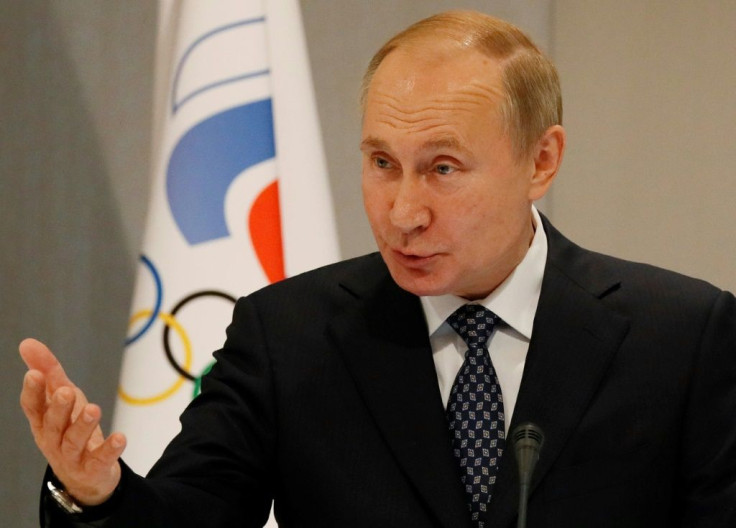Apple Threatens To Pull Out Of Russia Market Come 2020
Earlier today, Russian President Vladimir Putin signed new legislation requiring all computers, smartphones, and smart TVs sold in Russia to be released with pre-installed Russian software, Reuters reports. The authors of the latest Russian law claim that it will help the country’s developers to compete with foreign tech companies. However, for the Cupertino-based tech titan, the new law is equivalent to jailbreaking.
The new Russian legislation was pitched as a means of sparing consumers from the need to download software following the purchase of a new device. The new law will be in effect starting Jul. 1, 2020, and had received backlash from electronic retailers even before it was signed. Electronic companies claimed the legislation was filed without consulting them.

Moreover, the new law triggered fears that Russia could utilize the pre-installed software as a means to spay on its citizens. At this point, it is not yet clear how other tech and electronic firms would react to the latest legislation. Apple has already stated that it will pull out of the Russian market if the country would launch a total ban on selling its products without the pre-installed Russian software, according to Russian media earlier this year.
Reacting on the latest news about the Russian’s new law, an unnamed Apple source allegedly informed Kommersant Business Daily that a mandate to include third-party applications to Apple’s ecosystem would be synonymous with jailbreaking. The Apple source also said that it might pose a security threat, and Apple would not tolerate such kind of risk. The Russian government will come up with a list of software and apps which tech firms are required to pre-install, as well as the list of devices covered by this new law, reports The Moscow Times.
This will include smartphones, computers, tablets, laptops, smart TVs, and other electronic devices, to name a few. It can be recalled that the Russian government cracked down on Internet freedoms in these past few years. This includes requiring messaging services to share encryption keys to security services as well as social networks to save user data on the servers owned by the government.
© Copyright IBTimes 2024. All rights reserved.












